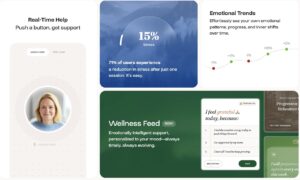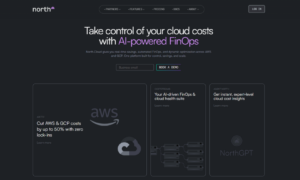As businesses seek ways to streamline operations and enhance efficiency, AI is being embraced as a tool to transform traditional accounting practices.
AI has become increasingly integrated into various facets of the profession, from routine tasks to audit procedures, leading many firms to realise the potential for streamlining processes and removing practices that were previously seen as tiresome for accountants.
According to recent research conducted by the Institute of Chartered Accountants in England and Wales, nearly 70% of accountants believe that AI will significantly impact the profession within the next five years.
In this article, we will explore some of the key ways that AI is impacting the work of accountants in the UK and address the benefits and concerns that this brings.
How AI Can Be Used For Routine Accounting Tasks
One of the primary areas where AI is making a difference in accountancy is in automating routine tasks. Tasks that were once time-consuming and labor-intensive, such as data entry, document summarisation and basic analysis, can now be efficiently handled by AI algorithms.
This allows accountants to focus their time and expertise on more complex and strategic aspects of their work, such as financial analysis and decision-making.
Using AI For Audit Quality
Another area where AI shows significant promise is in enhancing audit quality. By analysing large datasets and identifying patterns and anomalies, AI can help auditors detect potential risks more effectively.
This can lead to more robust and comprehensive audits, ultimately improving trust and confidence in financial reporting.
Additionally, AI-powered tools can provide auditors with real-time insights and predictive analytics, enabling them to make more informed decisions during the audit process.
Concerns and Challenges
While the idea of using AI to streamline processes is exciting, it also raises concerns about AI replacing accountants in the workplace. There is some anxiety among some professionals that AI may lead to a reduction in the size of accounting teams, particularly in roles that involve repetitive and low-value tasks.
However, it is argued that AI can complement human expertise rather than replace it entirely. By freeing up accountants from mundane tasks, AI enables them to take on more value-added responsibilities, such as providing insights and strategic guidance to clients.
Adapting Skill Sets
As AI becomes an integral part of the accounting toolkit, the demand for digital literacy among accounting professionals is on the rise. Beyond traditional accounting skills, such as financial reporting and tax compliance, accountants now need to be proficient in data analysis, machine learning and programming languages.
Many accounting firms and bookkeepers are therefore investing in training courses to equip their staff with the necessary skills to leverage AI effectively.
Additionally, accountants are increasingly collaborating with data scientists and AI specialists to harness the full potential of AI technologies.
Balancing Automation with Human Judgment
While AI has the potential to automate many routine accounting tasks, human judgment remains essential in complex decision-making processes. Accountants play a crucial role in interpreting AI-generated insights, identifying trends and anomalies and making strategic recommendations based on their professional expertise.
As AI takes on more routine tasks, accountants have the opportunity to focus on providing personalized advice to clients, interpreting regulatory changes and identifying growth opportunities.
Closing Thoughts
The integration of AI into accountancy roles represents a significant shift in the profession, with both opportunities and challenges on the horizon. While there are concerns about job displacement and the impact on traditional accounting practices, there is also excitement about the potential for AI to revolutionise the industry.
Ultimately, as AI has the potential to enhance the efficiency, effectiveness and value of accountancy roles, accountancy firms will need to remain dynamic to benefit from these innovative changes.



































